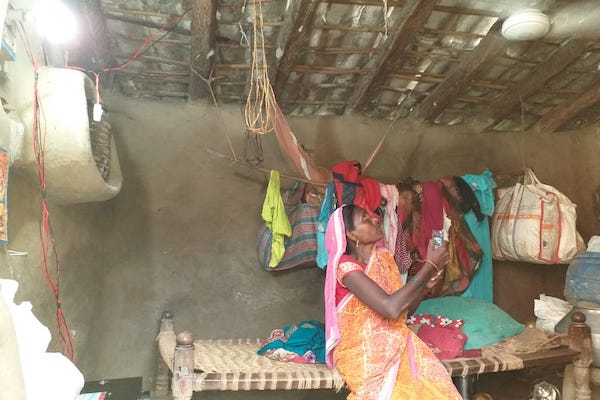As incomes rise and access to the electricity grid increases across the developing world, more and more households are buying appliances such as fans and televisions. New technologies including LED lights and televisions and brushless-DC motor-driven fans can significantly reduce electricity consumption. Although these energy efficient appliances save money over their lifetimes compared to regular appliances, they generally have higher upfront costs, which low income households often cannot afford. In this project, we aim to understand how much energy savings can be realized through energy efficient appliances compared to regular ones and what incentives can be effective in overcoming barriers to adoption of energy efficient appliances in low income households. Barriers include not only higher upfront costs but also limited access to finance, lack of information about long term savings, technology lock-in, and lack of channels to honor warranty terms. Further, we are evaluating the role of battery storage to increase reliability of electricity services and whether storage could incentivize adoption of energy efficient appliances — appliances that consume less energy can run longer on energy storage.
To evaluate the energy efficient technologies, we are conducting a small trial in the state of Bihar, India. In 36 households, we are measuring appliance-level electricity consumption for multiple configurations of energy efficient ceiling fans, LED lights, and battery storage. This technology trial will inform a larger field experiment — a randomized control trial — to quantify the willingness to pay for energy efficient ceiling fans and the effect of information, availability of finance, and ease of returns on adoption rates.
This project is in collaboration with University of California Berkeley and the Indian Institute of Technology Mumbai. This research is expected to provide insights to India’s Energy Efficiency Services Ltd (EESL), which has been responsible for managing the largest bulk procurement program for energy efficient lighting and other appliances.
Project support: The project is funded by UK Aid through the Energy and Economic Growth programme managed by the Oxford Policy Management.
Project dates: 2019-2021
Research Area: Electricity access and reliability

